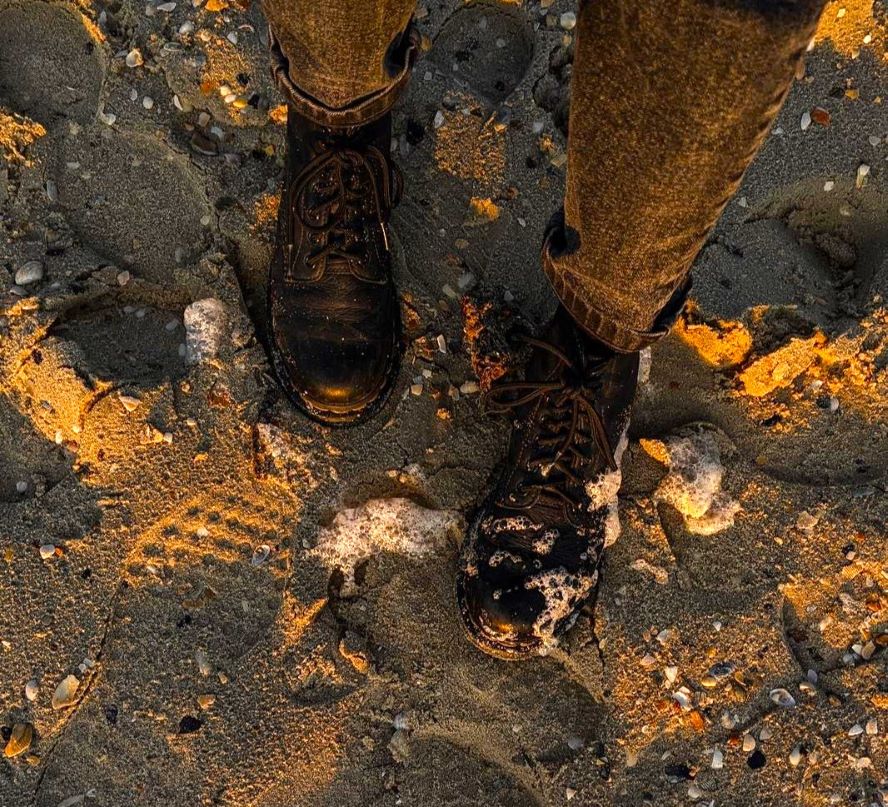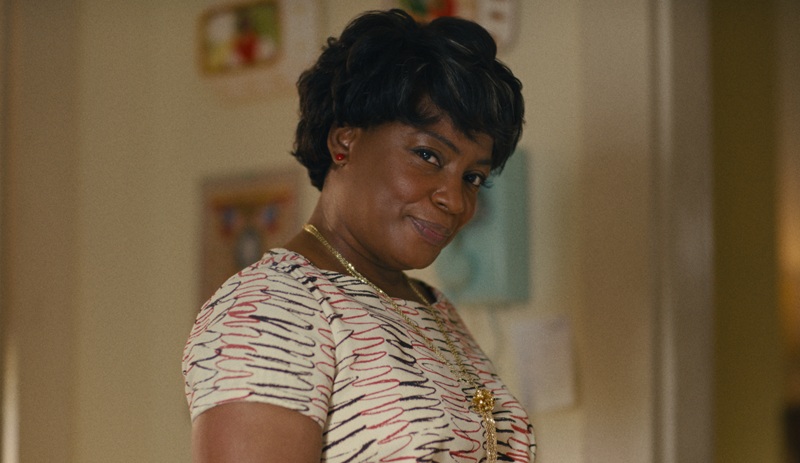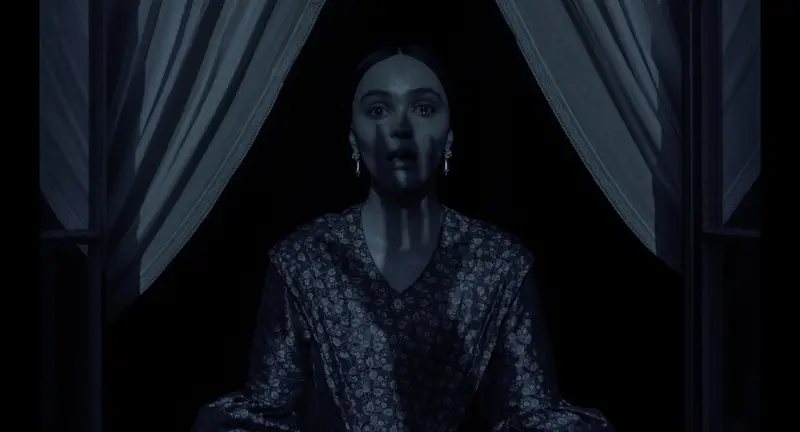Movie Nickel Boys, interview with director RaMell Ross
Check out the interview with RaMell Ross, director of the movie Nickel Boys
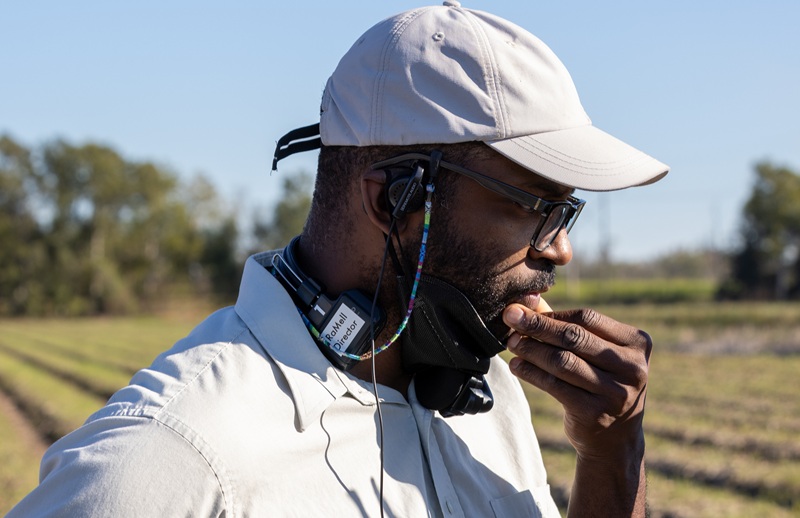
RaMell Ross is director and co-writer
Jake Fraczek with the Daily Bloid. Thanks for taking the time with me today.
No, pleasure is genuinely all mine.
Your first, full-length feature film. The directorial style certainly stands out. It’s not simply unique, but you're also taking some chances. It shows you got something to bring to the table that's not run-of-the-mill. What was crucial for you to capture that artistic element without letting the filmmaking concept become a novel device that overshadowed the story?
I did make a feature film previously called Hale County This Morning, This Evening. And the language of that film is the foundational language for the language of Nickel Boys in terms of the camera work. That film's essentially point of view, but my hands aren't in it. I'm operating the camera, and it uses a filming technique that I call “observational logic”. And there's something I learned in that process that has to do with shooting with a long lens, shallow focus, and having the patience to use the camera as an extension of consciousness, that always felt to me like offering vision. And, unlike the camera that always faints to be objective, it seemed like you could watch that, and you could say, “this is a human being looking, and I understand the way that they're making meaning by the order of operations in which they're looking at things”. And that being the foundation, I was eager to apply it to two actual characters.
You worked with this editor on the picture, Nicholas Monsoor.
Genius.
How was working with him as an editor different than any previous work you've done, and has it influenced how you might approach future projects?
Yeah. So for Hale County This Morning, This Evening, I edited the film. It has a very similar feel. It's kind of roving. It's a film of visual movements, as opposed to a three act structure and narrative arc. But, working with Nicholas allowed me to fill in the spaces that I'm not so good at. He complements my flaws, for lack of a better word. He is absolutely brilliant and has a very outstanding sense of time and pacing and cinematic convention, so, you know when you're doing something that's a little bit off and you try to figure out ways to achieve the comfort of the other thing without actually doing it. He remembers all the scenes, he remembers all the gestures. He also has the ability to sort of erase his memory of what he just did in order to see what we just did with new eyes. I mean, he's like really, really, really talented.
You've got a Pulitzer-Prize winning novel, Nickel Boys, very acclaimed. Aside from any pressure that might exist to bring that story to life, and do it the justice some might hope for, how did the choice of this filmmaking, and working with Nicholas like that, impact the process in terms of the pressures or expectations?
Well, honestly, the most challenging part was the edit because that's where the film is written in the way in which it's shot, all-wonders, POV, etc., etc. It's written to be this collage with archival, but that's not how it feels. And so, to get to the point where the film felt like it was evolving, it felt like it was teaching you how to read it, is just a challenging task. And I think, aside from that specific challenge, the only real pressure, because I think the gesture of giving the Dozier School boys a camera inside their bodies to express their life is intentional enough, whether or not the film is good or bad doesn't necessarily matter, was trying to not close down the opportunities for others. Because as you mentioned, having a Pulitzer Prize winning book offered to imagine freely, specifically for someone that's my age and a person of color, is just unprecedented. So, if I failed huge, it would be unlikely it would happen again or it would be different conditions. So, I think that was the real pressure.
Excellent. Thank you very much, RaMell, and congratulations on the film.
No, thank you for your questions.
© All rights reserved
You Might Be Interested

Ponies, Haley Lu Richardson interview
the statements of Haley Lu Richardson
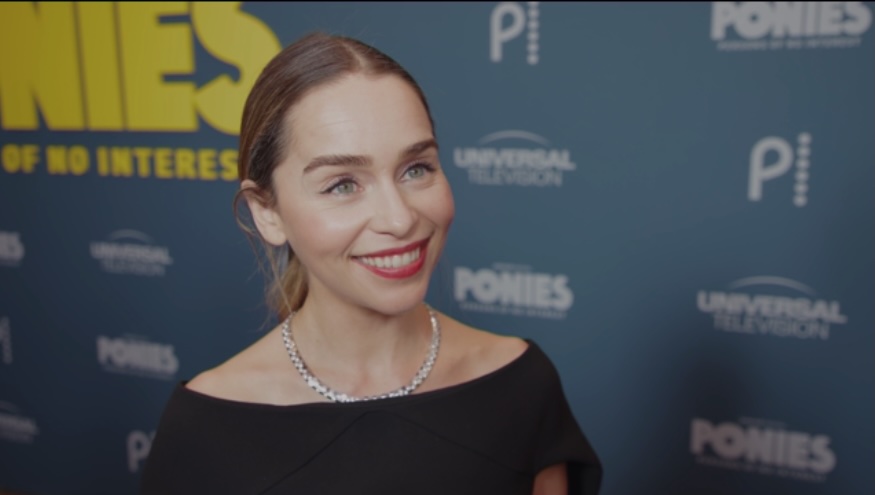
Ponies, Emilia Clarke interview
The statements of Emilia Clarke

The Strangers: Chapter 3, Madelaine Petsch interview
The comments from Madelaine Petsch

TV series Tell Me Lies, interview with Jackson White and Branden Cook
Discover Tell Me Lies, tv series starring Jackson White, Tom Ellis, Branden Cook. Plot, cast
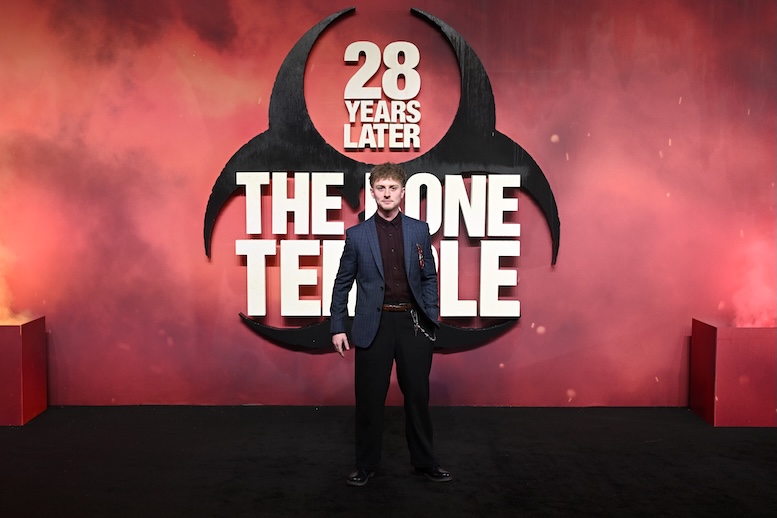
28 Years Later: The Bone Temple, Sam Locke Interview
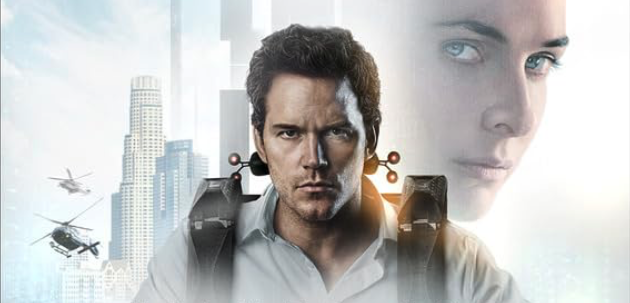
Mercy: An Interview with Annabelle Wallis
Annabelle Wallis introduces Mercy: Insights from the set
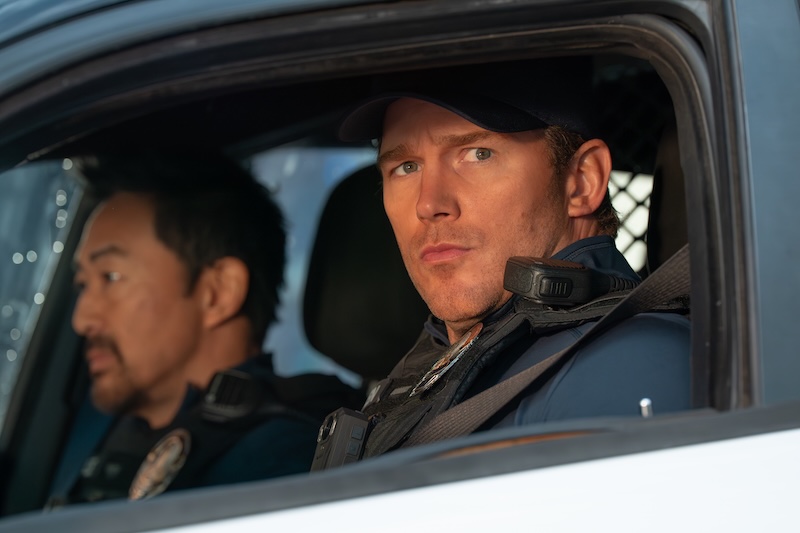
Mercy: An Interview with Chris Pratt
Chris Pratt introduces Mercy: Insights from the set
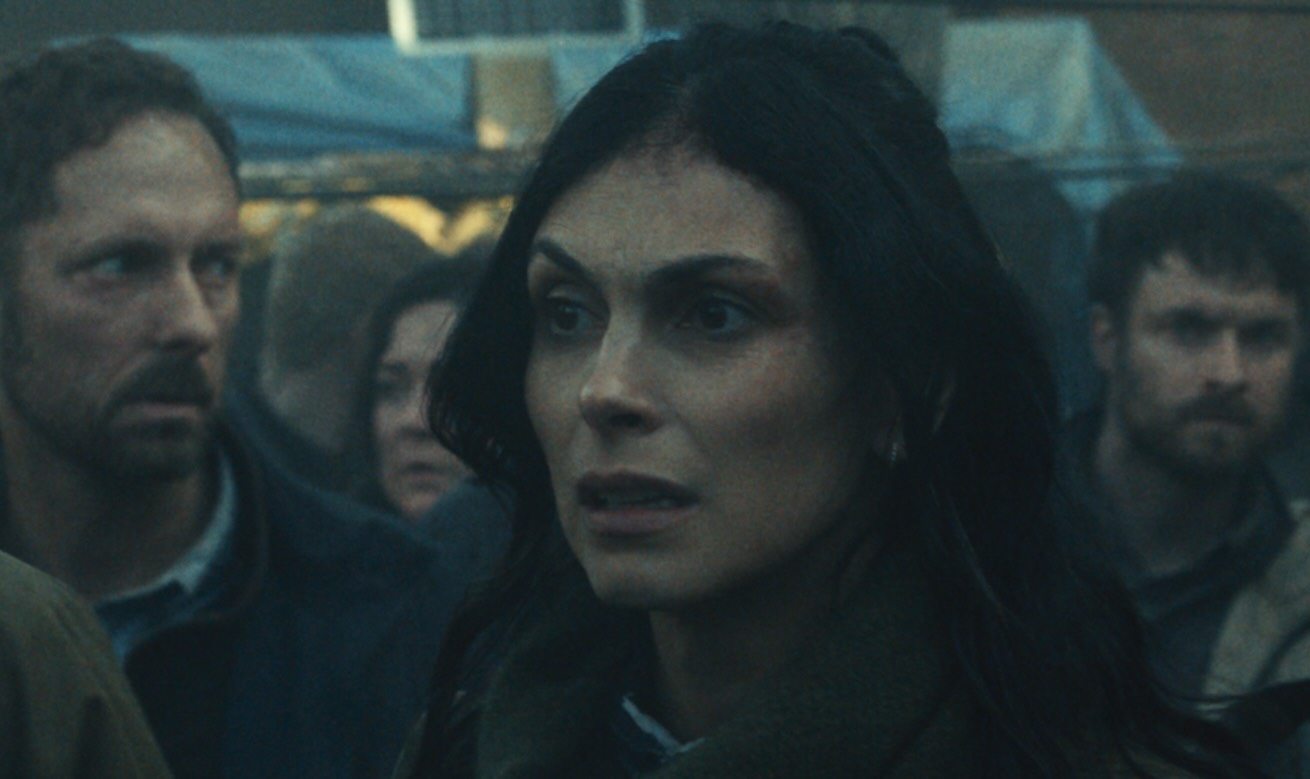
Greenland 2 Migration, Morena Baccarin Interview
Comments from Morena Baccarin

